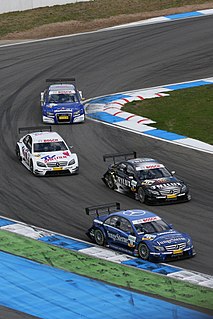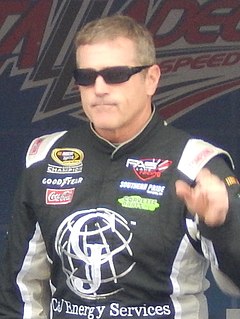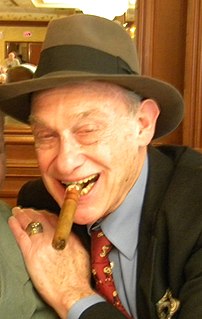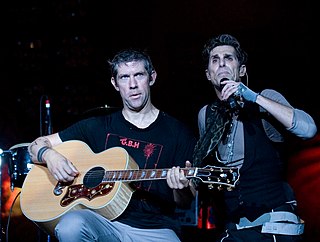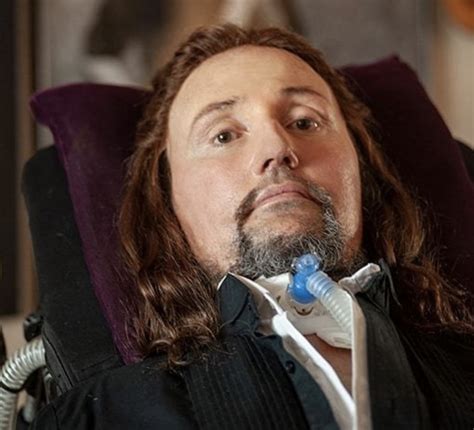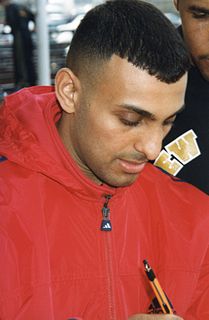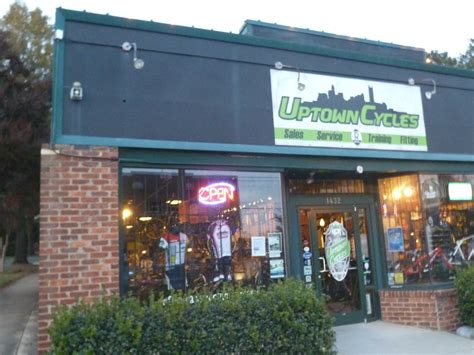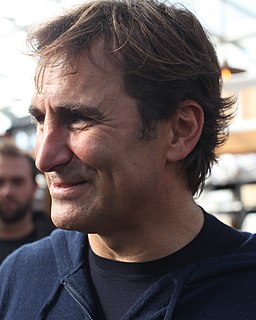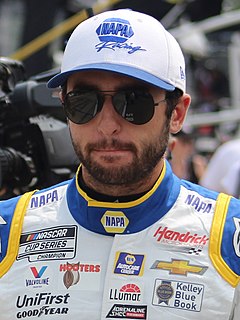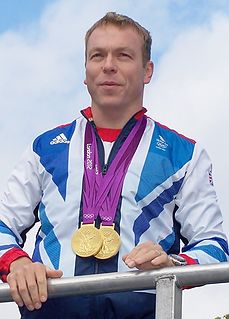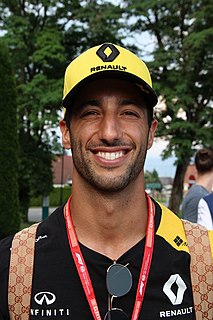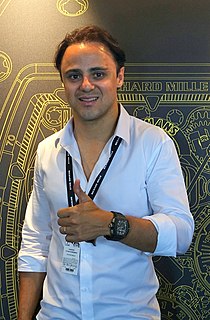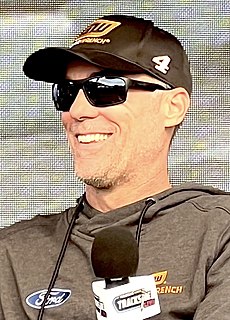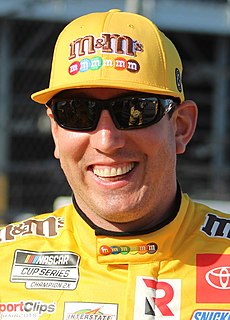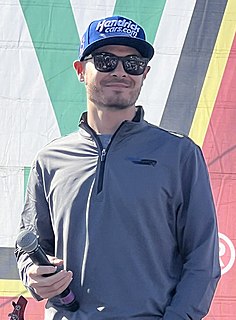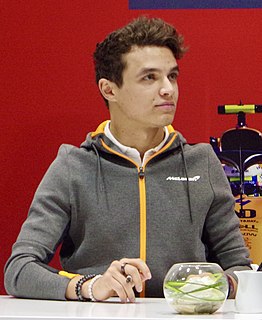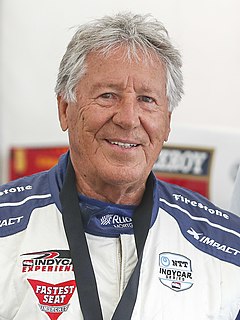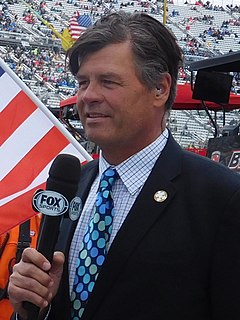A Quote by Susie Wolff
When I stopped racing, I kept being asked to comment on diversity in the sport but I really felt I had done my part.
Related Quotes
The competition is a big part of it [racing] - the passion you have for the sport and the knowledge you have. You're not just going to wake up one day and say, " think I'll do something different." This is what I've done my whole life. My competitive nature and my passion for the sport, those are the things that keep you wanting to do better.
I'm very good at compartmentalising my life. I did motor-racing for a while, stopped, didn't miss it. I did power-boat racing for a while, stopped, didn't miss it. I had such a good run at the BBC. I had a hell of a CV with arguably the greatest broadcasting organisation in the world. But I've never missed it since.
Katherine Johnson never complained, it just was what it was. She just said, "I just wanted to go to work and do my numbers." And she stopped right there. I think about that as a Black woman in Hollywood when I'm asked about diversity. I hate when people say diversity because the first thing you jump to is Black and white. When you talk about diversity, you're talking about women being hired in front of and behind the camera. You are talking about people with disabilities, the LGBTQ community...so I hate when people think about diversity.
Which is the healthier kind of literary diversity: an un-gate-kept self-published book world, run substantially through Amazon? Or our current book world, which is part-gate-kept, part-not, with many different publishers and retailers and platforms? I'm not smart enough to figure it out, but if I had to guess I'd guess the latter.
Iranians and Arabs aren't considered diversity because we still don't have minority status in America. There was a group of Middle Eastern actors trying to get SAG to recognize us as part of the diversity they should look out for, because we do represent a different point of view. When OscarsSoWhite happened, I felt part of that.
You can't just think that you will get a job for no good reason... And I think that the other part is you have to work your way up, you know I did a lot of Xeroxing and getting coffee...I always did what I was asked to do. I delivered. People knew that I would get things done and get them done well. And that is a big part of our resumes, are based on being responsible and being willing to do what needed to be done.
